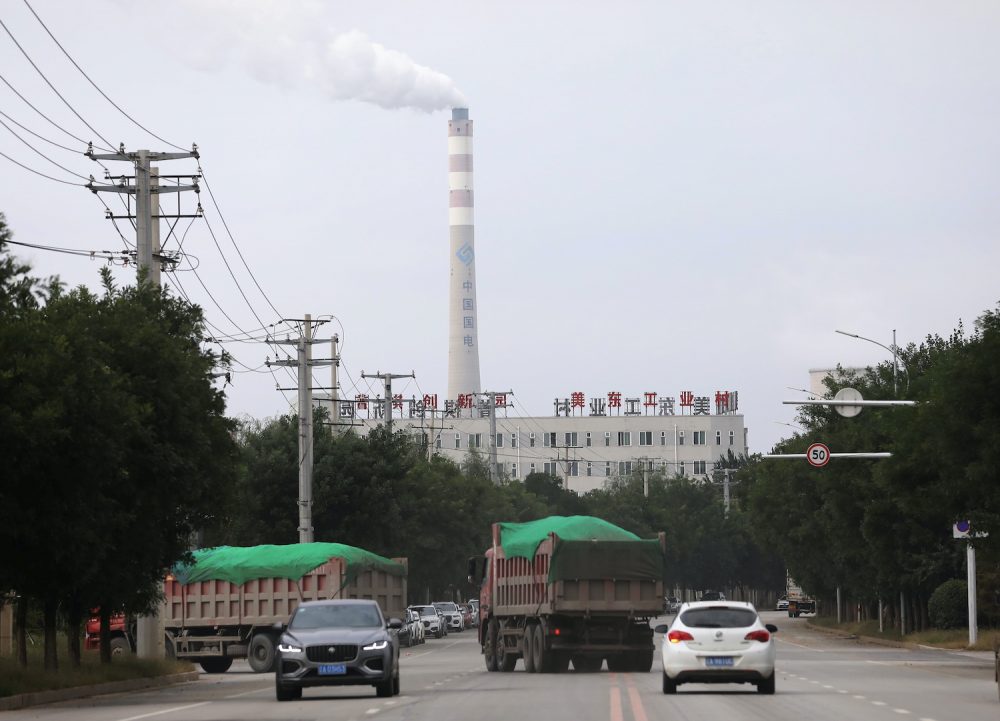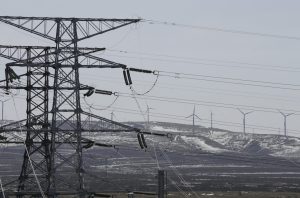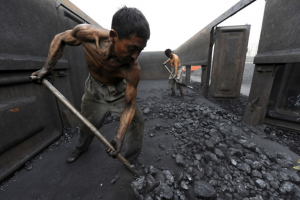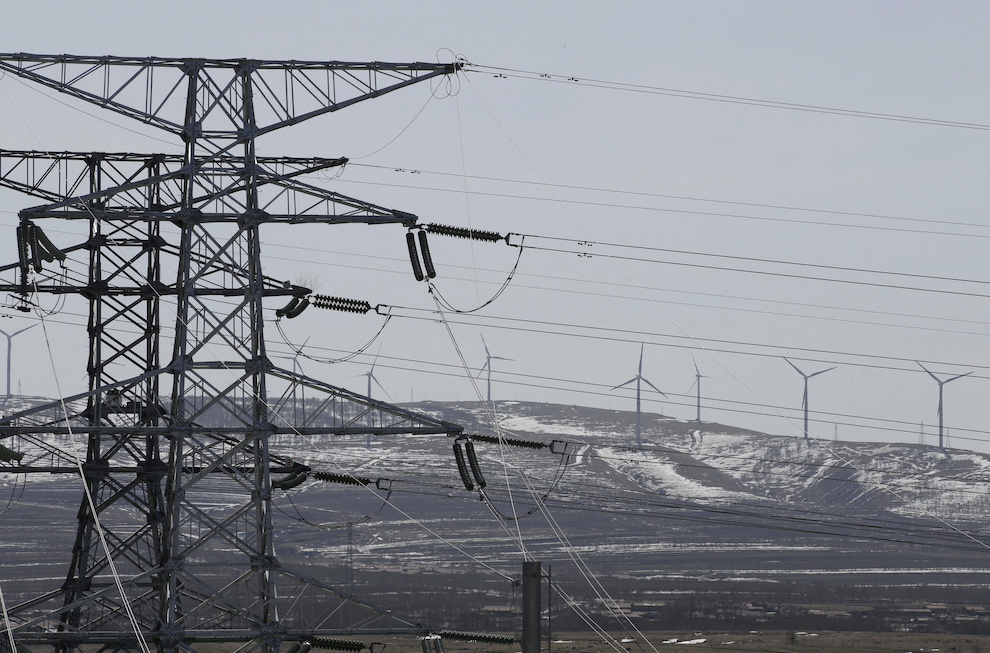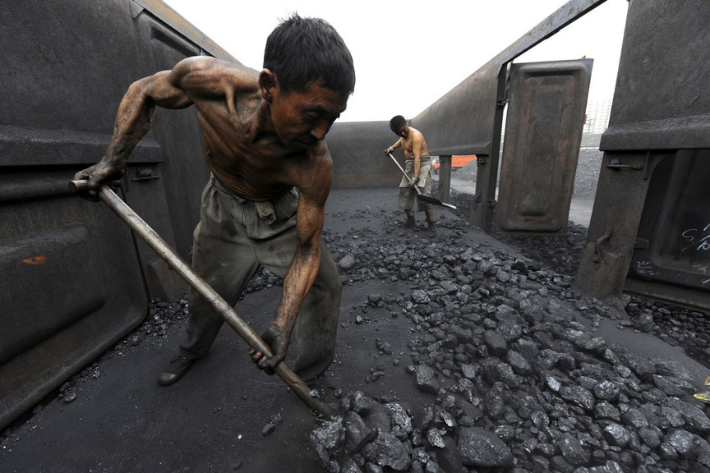China’s coal imports in July rose – a big 24% jump from June – close to the highest levels this year, driven by power generators stocking up for peak electricity demand in summer.
Some 23.5 million tonnes of coal were imported last month, up sharply from just under 19 million tonnes in June. However that was was 22% lower than a year earlier, customs data showed on Sunday.
Over the first seven months of the year, China imported 138.5 million tonnes of coal, down 18% on the same period of 2021.
Daily coal consumption in major coastal regions hovered around 2.2 million tonnes in late July, a similar level to last year, according to Shanghai Shipping Exchange. A heatwave across the country drove up the use of air conditioning.
The government has vowed to avoid power rationing this year and has urged coal-burning power generators, which supply about 60% of the country’s electricity, to enlarge coal stocks.
Data tracked by Refinitiv showed China’s seaborne coal imports from Russia would hit a record high of 7.4 million tonnes in July.
However, analysts have expected coal demand will soon begin to ease as temperatures moderate, while industrial activity remains sluggish amid Covid restrictions.
ALSO SEE: Record High Temperatures, Floods Wreak Havoc Across China
Oil Imports Plunge, Margins Thin
China’s crude oil imports in July fell 9.5% from a year earlier, with daily volumes at the second lowest in four years, as refiners drew down inventories and domestic fuel demand recovered more slowly than expected.
The world’s top crude buyer took in 37.3 million tonnes last month, customs data showed on Sunday, equivalent to 8.8 million barrels per day (bpd).
That was slightly up from June’s 8.7 million bpd, but down sharply from 9.7 million bpd in July 2021.
Imports for the first seven months totalled close to 290 million tonnes, or nearly 10 million bpd, down 4% versus the same period last year, as extended Covid restrictions and the government’s curbs on fuel exports capped crude purchases.
While independent refiners were running near 70% capacity between June and July – up from below 50% earlier in the year and mostly processing discounted oil from Russia, Iran and Venezuela – state refiners curbed rates due to thin margins.
“With oil averaged at $110 and above on a delivered basis, our refinery was operating at a loss,” an official with a South China-based state-run refiner said.
With authorities continuing to impose partial lockdowns to contain further Covid flare-ups, gasoline demand recovered more slowly than expected, while inventories of diesel fuel piled up.
But exports are likely to rebound further in coming months. Nearly 10 million tonnes of quotas were issued between June and July, though the quota releases so far are 40% below year-ago levels.
Natural gas imports via pipelines and as liquefied natural gas (LNG) last month were 8.7 million tonnes, down 7% compared to a year earlier. Chinese demand for spot LNG has largely been muted this year due to high global prices.
Gas imports for the first seven months fell 9.6% on the year to just over 62 million tonnes.
- Reuters with additional editing by Jim Pollard
ALSO SEE:
China Sees Record Trade Surplus as Exports Surge 18% in July
Chinese Planes, Ships Simulating Attacks, Taiwan Says
Covid Lockdown in Chinese Beach Resort on Hainan Island




